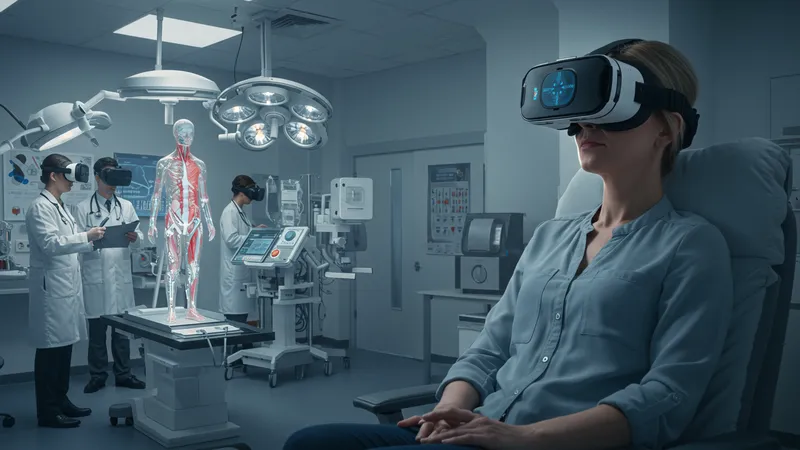
Revolutionizing Care: Discover The Future Of Healthcare Technology Innovation
Virtual Reality: Expanding Training and Treatment
Virtual reality is reshaping medical training and patient treatment, offering immersive experiences that simulate real-world scenarios. This tech is allowing for safer practice and more empathetic understanding of illnesses.

In chronic pain treatment, VR provides avenues for distraction therapy, proving beneficial in reducing perceived pain levels. Yet, accessibility and potential over-reliance present balanced use considerations.
VR technologies are being adopted for surgeries, offering guided visualization that enhances precision. As potential grows, so do ethical concerns over addiction and immersive exposure duration.
As VR establishes itself in educational curricula, its impact on traditional learning approaches sparks debate. This digital frontier opens doors to opportunities that could revolutionize global medical education and patient care.